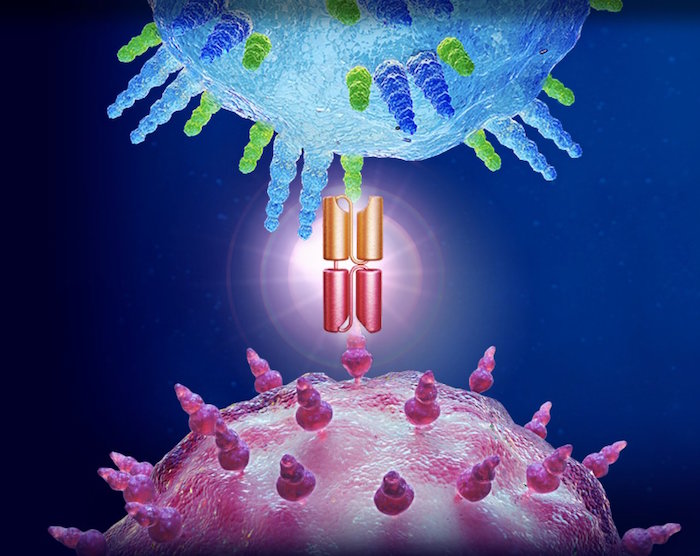 Scientists have equipped a virus that kills carcinoma cells with a protein so it can also target and kill adjacent cells, in what they hope will be an “exciting new approach to treating cancers”.
Scientists have equipped a virus that kills carcinoma cells with a protein so it can also target and kill adjacent cells, in what they hope will be an “exciting new approach to treating cancers”.
The newly equipped virus targets cells that are tricked into shielding the cancer from the immune system and supplying it with growth factors and nutrients.
Researchers at the University of Oxford said it is the first time that cancer-associated fibroblasts – connective tissue cells – within solid tumors have been specifically targeted in this way. And they believe if further safety testing is successful, the dual-action virus, which they have tested in human cancer samples and in mice, could be tested in humans with carcinomas as early as next year.
Currently, any therapy that kills the “tricked” fibroblast cells may also kill fibroblasts throughout the body, for example, in the bone marrow and skin, and cause toxicity.
In this study, published in the journal Cancer Research, scientists used a virus called enadenotucirev, which is already used in clinical trials for treating carcinomas.
The virus has been bred to infect only cancer cells, leaving healthy cells intact. They added genetic instructions to the virus that caused infected cancer cells to produce a protein called a bi-specific T-cell engager.
The protein is designed to bind to two types of cells and stick them together.
In this case, one end was designed to bind to fibroblasts. The other end specifically stuck to T-cells – a type of immune cell that is responsible for killing defective cells. This triggered the T cells to kill the attached fibroblasts.
The virus targets carcinomas, which are the most common type of cancer and start in cells in the skin or in tissues that line or cover internal organs, such as the pancreas, colon, lungs, breasts, ovaries and prostate.
Dr Nathan Richardson, head of molecular and cellular medicine at the Medical Research Council, which was involved in funding the study, said: “Immunotherapy is emerging as an exciting new approach to treating cancers.
“This innovative viral delivery system, which targets both the cancer and surrounding protective tissue, could improve outcomes for patients whose cancers are resistant to current treatments. Further clinical studies will be crucial to determine that the stimulation of the patient’s immune system does not produce unintended consequences.”
Source: Joshua D. Freedman, Margaret R. Duffy, Janet Lei-Rossmann, Alice Muntzer, et.al.
An Oncolytic Virus Expressing a T-cell Engager Simultaneously Targets Cancer and Immunosuppressive Stromal Cells
Cancer Res November 18 2018 DOI: 10.1158/0008-5472.CAN-18-1750











